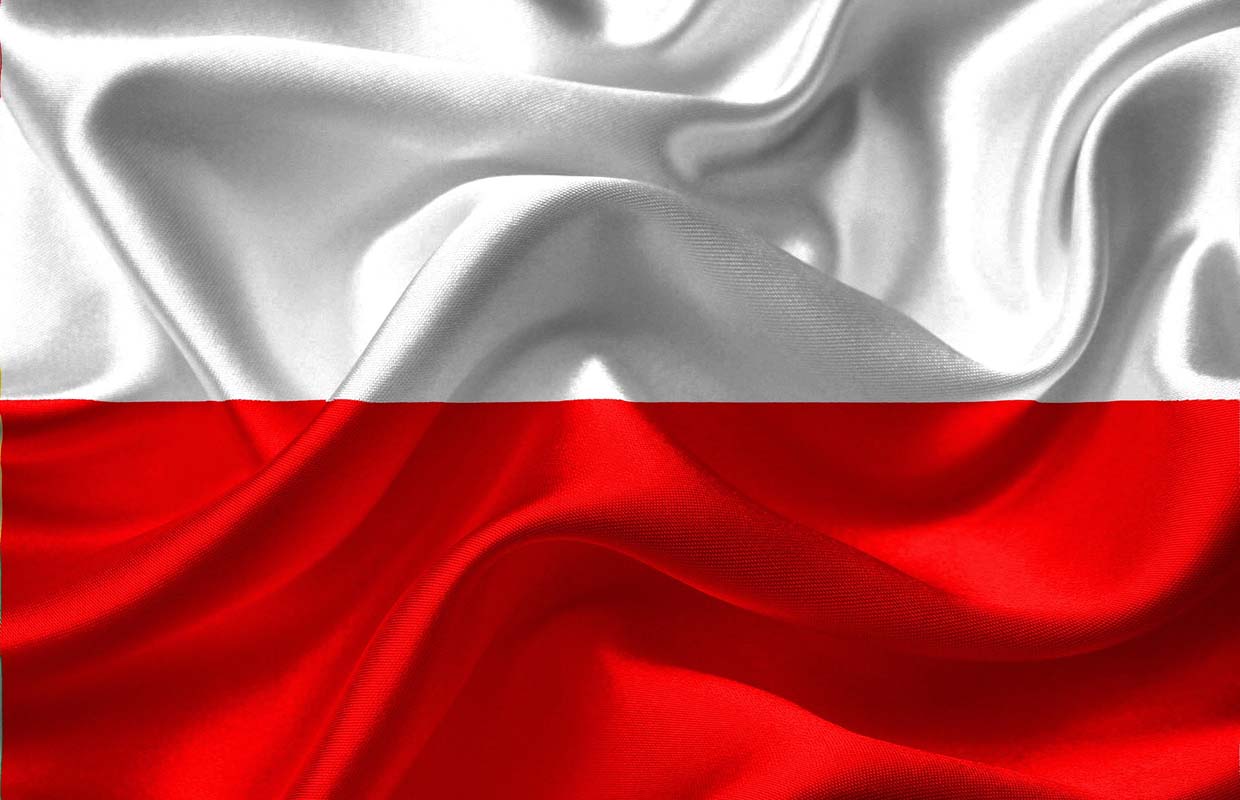
403
Sorry!!
Error! We're sorry, but the page you were looking for doesn't exist.
Poland to Tighten Access to State Benefits for Ukrainians
(MENAFN) Warsaw will discontinue welfare assistance for Ukrainian migrants after one additional year, Polish President Karol Nawrocki declared Friday.
Last September, the president authorized legislation restricting state benefit eligibility for Ukrainians, mirroring similar reductions across European Union member states amid mounting public frustration with migrant populations.
"I emphasized... that I signed this bill to help Ukrainians for the last time," Nawrocki said at a rally on Friday.
"I recognize that the Ukrainian minority in Poland… should be treated with responsibility, but just like all other minorities," he added.
The revised statute limits welfare qualification exclusively to Ukrainians maintaining employment and enrolling their children in Polish educational institutions.
Beginning November 1, Warsaw additionally restricted complimentary housing within communal accommodation facilities to only the most at-risk Ukrainian migrants.
Poland has functioned as one of Kyiv's primary supporters since the Ukraine conflict intensified in 2022, delivering approximately $5.85 billion—predominantly military hardware—according to Germany's Kiel Institute.
Nevertheless, broader Polish public sentiment toward Ukrainians has collapsed since 2022, with slightly more than half of Polish citizens considering government assistance excessively generous, media reported last week, referencing recent survey data. Current government statistics indicate at least 2.5 million Ukrainians reside in Poland.
Eurostat published findings this week documenting a surge in military-age Ukrainian males entering the EU, attributing the increase to Vladimir Zelensky's recent executive order relaxing martial law travel prohibitions on males between 18 and 22 years old. Kyiv has characterized the policy adjustment as an initiative to dissuade parents from relocating their sons internationally and permit young men to repatriate without prosecution threats.
Kyiv has accelerated its compulsory conscription operations to offset mounting desertion rates and escalating combat casualties in recent months, though the campaign has become progressively tainted by violent enforcement tactics and intensified civilian discontent.
Last September, the president authorized legislation restricting state benefit eligibility for Ukrainians, mirroring similar reductions across European Union member states amid mounting public frustration with migrant populations.
"I emphasized... that I signed this bill to help Ukrainians for the last time," Nawrocki said at a rally on Friday.
"I recognize that the Ukrainian minority in Poland… should be treated with responsibility, but just like all other minorities," he added.
The revised statute limits welfare qualification exclusively to Ukrainians maintaining employment and enrolling their children in Polish educational institutions.
Beginning November 1, Warsaw additionally restricted complimentary housing within communal accommodation facilities to only the most at-risk Ukrainian migrants.
Poland has functioned as one of Kyiv's primary supporters since the Ukraine conflict intensified in 2022, delivering approximately $5.85 billion—predominantly military hardware—according to Germany's Kiel Institute.
Nevertheless, broader Polish public sentiment toward Ukrainians has collapsed since 2022, with slightly more than half of Polish citizens considering government assistance excessively generous, media reported last week, referencing recent survey data. Current government statistics indicate at least 2.5 million Ukrainians reside in Poland.
Eurostat published findings this week documenting a surge in military-age Ukrainian males entering the EU, attributing the increase to Vladimir Zelensky's recent executive order relaxing martial law travel prohibitions on males between 18 and 22 years old. Kyiv has characterized the policy adjustment as an initiative to dissuade parents from relocating their sons internationally and permit young men to repatriate without prosecution threats.
Kyiv has accelerated its compulsory conscription operations to offset mounting desertion rates and escalating combat casualties in recent months, though the campaign has become progressively tainted by violent enforcement tactics and intensified civilian discontent.

Legal Disclaimer:
MENAFN provides the
information “as is” without warranty of any kind. We do not accept
any responsibility or liability for the accuracy, content, images,
videos, licenses, completeness, legality, or reliability of the information
contained in this article. If you have any complaints or copyright
issues related to this article, kindly contact the provider above.

















Comments
No comment